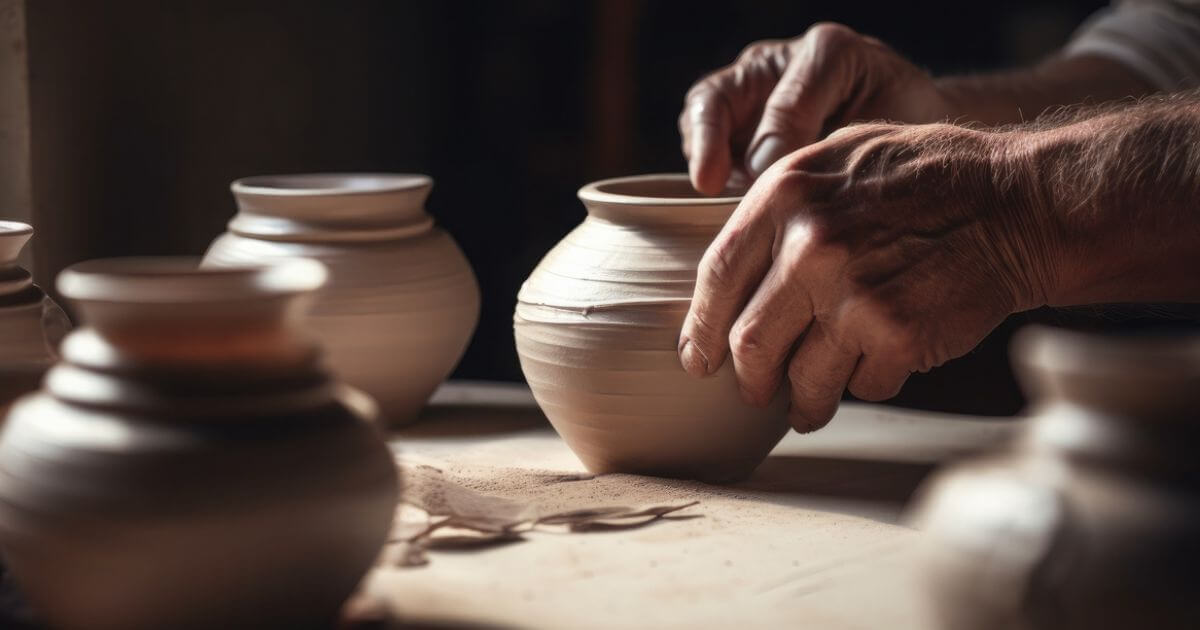what does the bible say?
Ephesians 2:10 says "For we are his workmanship, created in Christ Jesus for good works, which God prepared beforehand, that we should walk in them." The word for workmanship is the Greek word poeima from which we get our word for poem. Poeima means "something made." It is also used in Romans 1:20 to describe how "the things that have been made" demonstrate God's eternal power and divine nature. Where the ESV, KJV, and NASB use "workmanship" in Ephesians 2:10, other translations use "handiwork" or "masterpiece" or "creation." The Amplified Bible says, "For we are His workmanship [His own master work, a work of art] …" Think of some of the great poems in literature and how painstakingly each word, each line break, each period and comma were chosen by the author. Similarly, God has labored over us. God's plan for us as His workmanship extends over the span of our lives.




